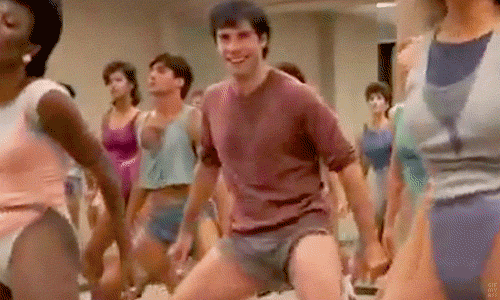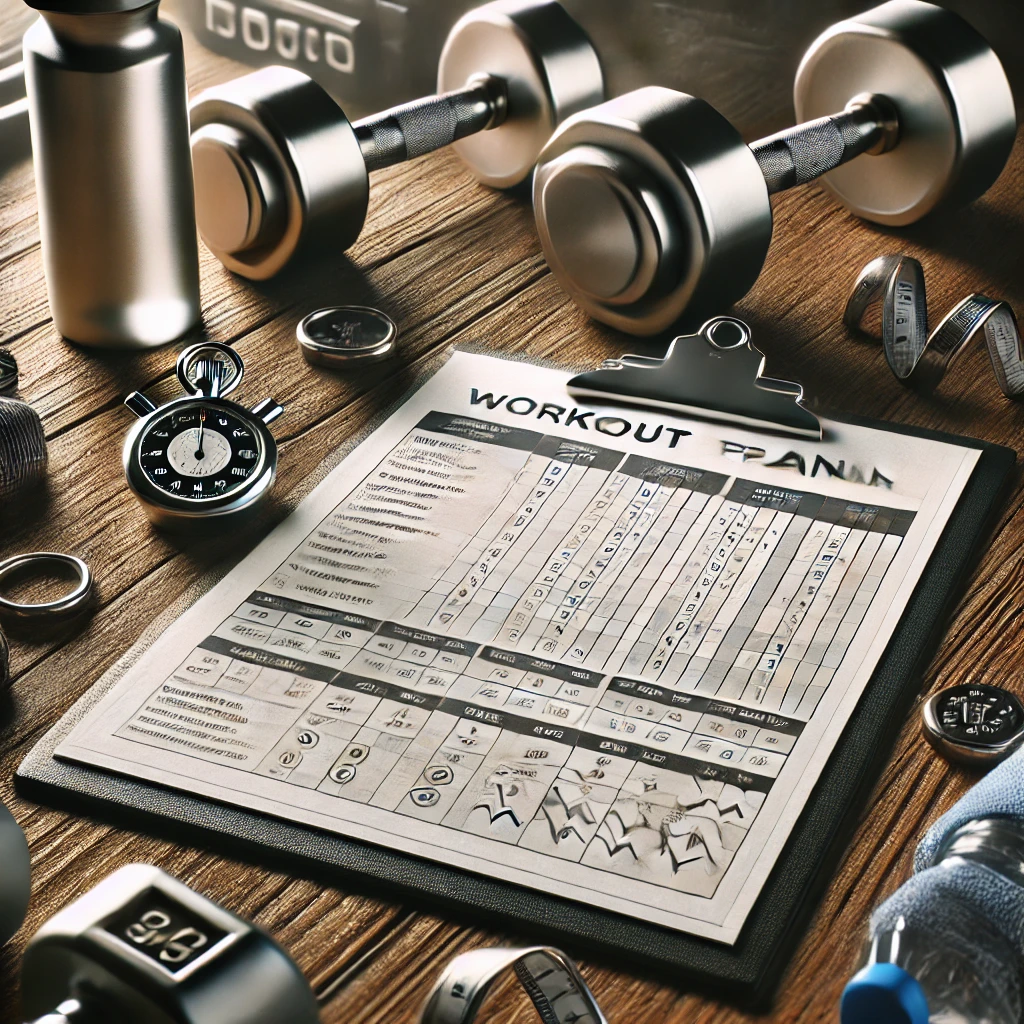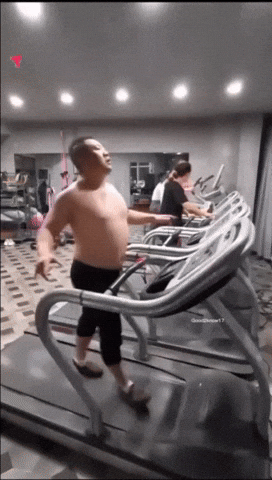Have you ever noticed how a simple trip to the gym can sometimes feel like a social minefield? One minute, you’re focused on your workout, and the next, you catch someone giving you a sideways glance that makes you wonder if you’re doing everything wrong. That uneasy feeling is more common than you think.
Imagine you’re adjusting the weights on a machine when someone nearby shoots you a look that screams, “What are you doing?” Suddenly, your mind races. Are you using the equipment correctly? Are you in their way? These fleeting moments can escalate quickly, turning what should be a stress-relieving exercise into a source of anxiety.

For many, the gym isn’t just a place to build strength—it’s a space where insecurities and societal pressures come to the surface. Studies show that past negative experiences and body image concerns can linger, making it hard for people to feel comfortable in these environments. Even runners have shared stories of altering their routines to avoid public exercise spaces due to feelings of self-consciousness.
Understanding these feelings is the first step toward overcoming them. The good news? You’re not alone in this struggle. In this article, we’ll explore actionable strategies to help you navigate the gym with more confidence and less anxiety. It’s time to shift the focus from fear to fitness.
Recognizing the Signs of Gym Awkwardness
Gym environments can often feel intimidating, especially when uncertainty strikes. Whether it’s hesitation over equipment or self-consciousness about appearances, these moments can be telling. Recognizing these signs is the first step toward addressing the issue.
Identifying Uncomfortable Encounters
One common sign of gym awkwardness is uncertain body language. This might look like avoiding eye contact or hovering around equipment without using it. Such behavior often stems from fear of judgment or not knowing proper etiquette.
Another sign is hesitance to ask for help. Many feel embarrassed to approach staff or others for guidance, even when unsure about equipment. This reluctance can lead to incorrect form or wasted time, amplifying anxiety.

How Awkwardness Affects Our Workout Experience
These awkward moments can significantly disrupt a workout. Imagine being so focused on what others think that you lose track of your exercise routine. This distraction can reduce the effectiveness of your session and make the gym feel more like a source of stress than a place for health and fitness.
Recognizing these signs is crucial for improving your gym experience. By addressing them, you can work toward a more confident and enjoyable workout routine.
Why Are People Socially Awkward at the Gym?
Understanding the root causes of social awkwardness at the gym requires a closer look at the psychological and environmental factors at play. Many individuals experience anxiety due to fear of judgment; especially in this social media era, where scrutiny is everywhere, perfectionism, and past negative experiences. These feelings can make even the most routine interactions feel daunting.

Exploring Common Triggers and Root Causes
The fear of judgment is a powerful trigger. Studies suggest that body image concerns and the pressure to conform to societal standards significantly impact gym anxiety. Cultural expectations also play a role. From a young age, we’re often taught to strive for perfection, which can translate into a fear of making mistakes at the gym.
Unfamiliarity with gym equipment is another common trigger. A 2023 study found that 45% of new gym-goers feel anxious about using machines correctly, fearing embarrassment or judgment from others. This anxiety can create an awkward environment, making it harder to focus on your workout.
By understanding these triggers, we can develop targeted strategies to overcome them. Addressing the root causes empowers us to create a more comfortable and inclusive gym experience for everyone.
How to Overcome Gym Anxiety and Self-Consciousness
Feeling nervous at the gym is a common experience, but it doesn’t have to control your workout. By adopting the right strategies, you can transform your gym sessions from sources of stress to moments of empowerment.
Practical Coping Strategies
A well-planned workout is a powerful tool. It helps you stay focused and reduces uncertainty. Start by setting clear goals for each session, whether it’s mastering a new exercise or completing a certain number of sets. This structure can boost your confidence and keep you on track.

Mindfulness techniques like deep breathing can also make a big difference. Taking a few deep breaths before starting your routine can help calm your nerves. Positive affirmations are another effective tool. Remind yourself that everyone at the gym is there for their own journey, not to judge yours.
Using Personal Trainers and the Buddy System
Working with a personal trainer can provide expert guidance and reassurance. They can help you learn proper form and etiquette, making you feel more at ease. Additionally, exercising with a friend can make the gym experience more enjoyable. Having a workout buddy not only offers moral support but also helps distract you from any anxiety.
Group fitness classes are another great option. They foster a sense of community, making it easier to feel like you’re part of a team rather than being judged. Over time, gradually increasing your exposure to the gym environment can build your comfort and confidence.
Remember, overcoming gym anxiety is a journey. By celebrating small victories and being kind to yourself, you can create a positive gym experience that supports your health and fitness goals.
Setting Up a Comfortable Gym Routine
Creating a gym routine that feels right for you can make all the difference in your fitness journey. A well-structured plan not only helps you stay focused but also reduces anxiety, making your workouts more enjoyable and effective.
Planning Your Visit for a Successful Workout
One effective strategy is to plan your gym visits during off-peak hours. This reduces crowds, giving you more space and less chance of feeling rushed. Setting clear fitness goals is another key step. Choose exercises that match your comfort level and gradually introduce new ones.
Remember, a comfortable gym routine is about finding what works best for you. By staying consistent and adapting as you grow, you can create a positive experience that supports your health and fitness goals.

Conclusion
Experiencing anxiety at the gym is a common challenge many face, but it doesn’t have to define your fitness journey. Throughout this article, we’ve explored the triggers that lead to awkward moments and the practical strategies to overcome them. By understanding these challenges, you can create a supportive routine that helps you stay focused and confident.
Planning your workouts and choosing the right environment plays a crucial role in reducing anxiety. Whether it’s visiting during off-peak hours or finding a gym that aligns with your comfort level, these steps can make your exercise experience more enjoyable. Gradual exposure and self-compassion are key to building confidence over time.
Remember, everyone starts somewhere, and progress is more important than perfection. Don’t hesitate to take that first step toward a more confident workout experience. Exercise is a personal journey, and it’s time to reclaim it with self-assurance. You deserve to enjoy the benefits of physical activity without feeling judged.









